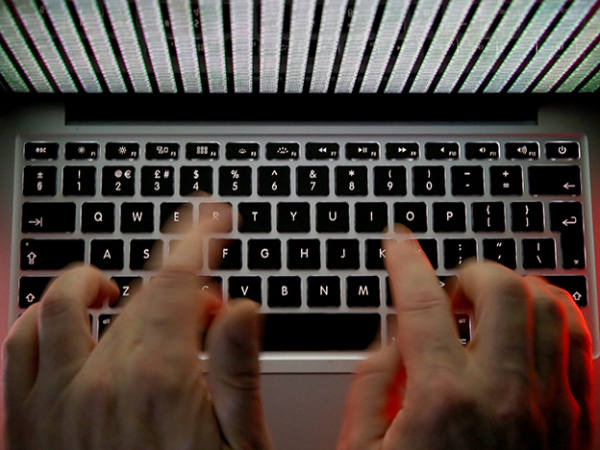They measured dishonesty by looking at the number of employees who used their corporate email addresses to sign up with Ashley Maddison, a website that facilitated extramarital affairs. This measures corporate culture not just because it measures the number of workers willing to cheat on their wives, but - perhaps more importantly - because a company that permits staff to use Ashley Maddison at work is likely to be tolerant of other unconventional behaviour at work too.
Sure enough, Professor Grieser and colleagues found that this measure of dishonesty is correlated with a lack of corporate integrity in more significant ways; companies with lots of Ashley Maddison users are more likely to misreport their earnings or engage in malpractices such as paying bribes.
This poses the question: why do such companies enjoy better equity returns? They might be just a reward for the risk of being caught engaging in corrupt practices. The slump in Mitsubishi's share price after it admitted falsifying fuel economy data for 25 years shows that corporate misdeeds can hit a company's share price hard - but it also shows just how dishonesty can inflate that price as long as it goes undetected.
But there's something else. Dishonesty, says Professor Grieser, is associated "with a host of innovation measures", such as the number of successful patent applications. This is good for shareholders.
This is consistent with a finding by Francesca Gino at Harvard Business School and Dan Ariely at Duke University - that creative people tend to be more dishonest. Creativity and dishonesty are similar things: both involve a willingness to takes risks by breaking with conventional ways of doing things. As that classic TV show, Minder, showed, there is only a small distinction between the entrepreneur and the criminal.
All this helps explain what is otherwise a puzzle - of why corporate culture differs from firm to firm.
Common sense says that corporate culture matters. This is because bosses cannot closely supervise all their staff, and corporate culture determines how people behave when supervision and incentives are imperfect. As Bob Diamond, former chief executive of Barclays, said: "The evidence of culture is how people behave when no-one is watching."
You'd expect, therefore, that all companies should aim for a healthy corporate culture. The problem is, though, that what's healthy will differ from company to company. Culture entails trade-offs. If you're following rules of best practice, you're not being creative. A corporate culture that prizes rule-following can alienate creative people who get frustrated by stifling bureaucracy. Or the bank which imposes tight limits on trade size might reduce risk, but at the expense of driving away some of its star traders. Firms thus face a trade-off; if they impose tight rules they might achieve honesty and low risk, but at the expense of innovation. Different firms will choose different points on this trade-off.
There are two implications of all this. One is that what matters for investors is not fully captured by corporate accounts. Some stockpickers might want a staid rules-based company, others a freer more creative one. But company publications won't tell you which is which. Luigi Zingales at the University of Chicago has found that there is zero correlation between the cultures that companies profess to have in their annual reports and their actual performance. One reason why I'm not a stockpicker is that I fear that companies are too often black boxes that are mysteries to outsiders (or in some cases, to their chief executives themselves!)
Secondly, this might be one reason (of many) for secular stagnation - the decline in innovation and productivity growth in recent years. Perhaps companies' increasing emphasis on codes of conduct have helped to suppress creativity. As Joseph Schumpeter warned 70 years ago, the "perfectly bureaucratized" company destroys entrepreneurial spirits.











